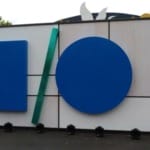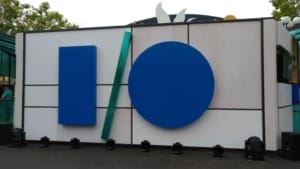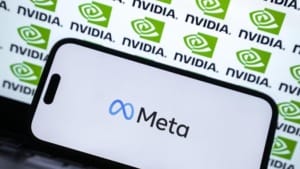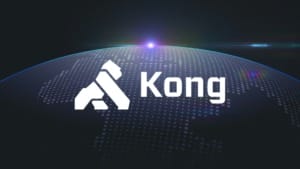Google moves closer to nuclear power deal with Kairos and TVA
Google partners with TVA and Kairos Power on a new reactor in Tennessee, aiming to supply data centres with nuclear energy by 2030.

Google has taken another step towards its nuclear energy ambitions through a partnership with the Tennessee Valley Authority (TVA). The company announced that TVA will purchase electricity from a next-generation nuclear reactor developed by Kairos Power in Oak Ridge, Tennessee. According to both companies, this marks the first time a US utility has agreed to purchase electricity from technology of this advanced nature.
The reactor, known as Hermes 2, is expected to begin operations in 2030. Once active, it will provide power to the local grid, which supplies Google’s data centres in Tennessee and Alabama. If the project succeeds, it could usher in a new era for nuclear energy in the United States, where the current fleet of reactors relies on decades-old technology that has struggled to compete with gas, wind and solar power.
Kairos Power’s molten salt technology
Kairos Power is building one of the first advanced reactors designed to reinvigorate nuclear power in the country. The company’s technology differs from conventional reactors, which use water as a coolant. Instead, Kairos employs molten fluoride salt, which has a much higher boiling point than water and does not reach a boil. This allows the reactor to operate at a relatively low pressure, thereby reducing the need for costly high-pressure containment structures.
The Hermes 2 plant is being developed as part of a broader agreement for Google to purchase electricity from several of Kairos’ small modular reactors. It follows the initial Hermes demonstration reactor, which broke ground in July 2023. That project made history as the first non-water-cooled reactor in more than 50 years to secure a construction permit from the Nuclear Regulatory Commission.
Oak Ridge, where the Hermes 2 is under construction, has long been tied to the history of nuclear development. Once the headquarters of the Manhattan Project, the city has now become a hub for modern nuclear research and innovation.
Clean energy attributes and Google’s climate goals
Through its deal with TVA, Google will also receive clean energy attributes from the Hermes 2 project. These certificates represent the environmental benefits of avoiding fossil fuel emissions and can be sold alongside electricity on the grid. Tech companies often use such attributes to claim progress toward sustainability goals, even if the grid itself continues to rely on fossil fuels.
While critics argue that the environmental benefits of these certificates are sometimes overstated, they provide an additional revenue stream that can encourage the development of more carbon-free energy projects. For Google, the agreement supports its longer-term aim of helping Kairos deploy 500 megawatts of new nuclear capacity in the United States by 2035. By comparison, America’s 94 operating nuclear reactors had a combined capacity of 97,000 megawatts in 2024, making up just under 20 per cent of the national electricity supply.
Despite these efforts, Google’s carbon emissions rose again last year, partly driven by the growing energy demands of its artificial intelligence services. The company hopes investments in advanced nuclear energy can provide a more reliable path towards meeting its climate commitments.














